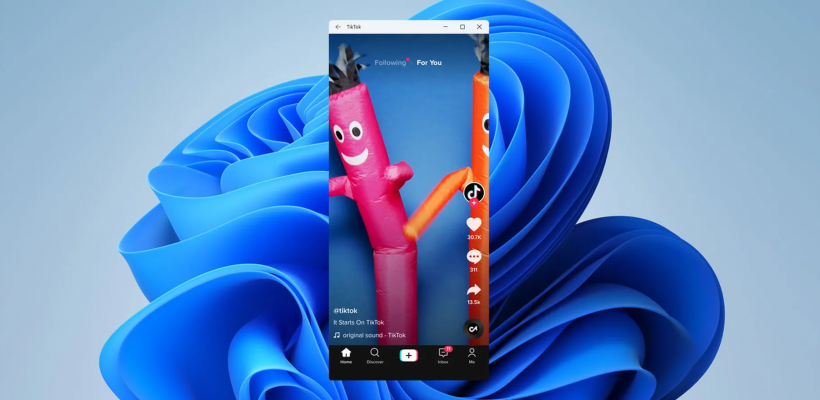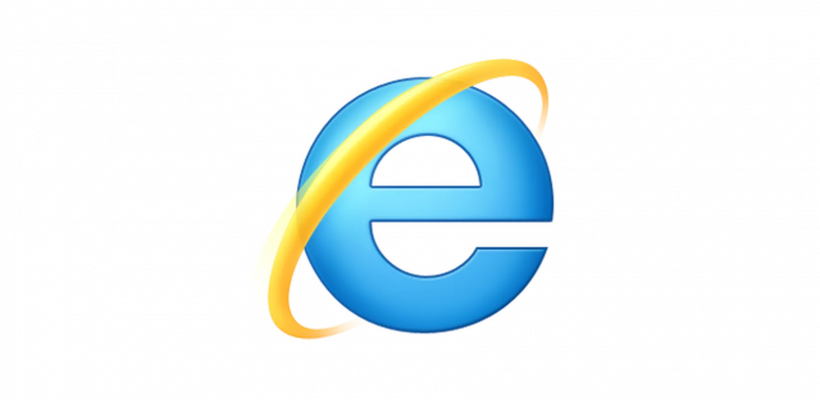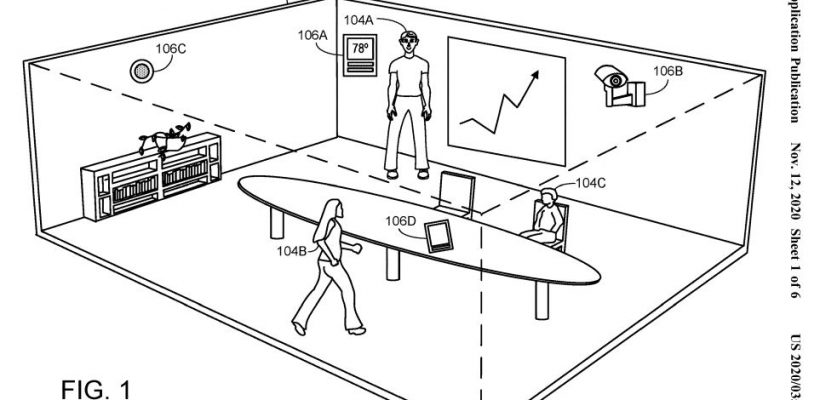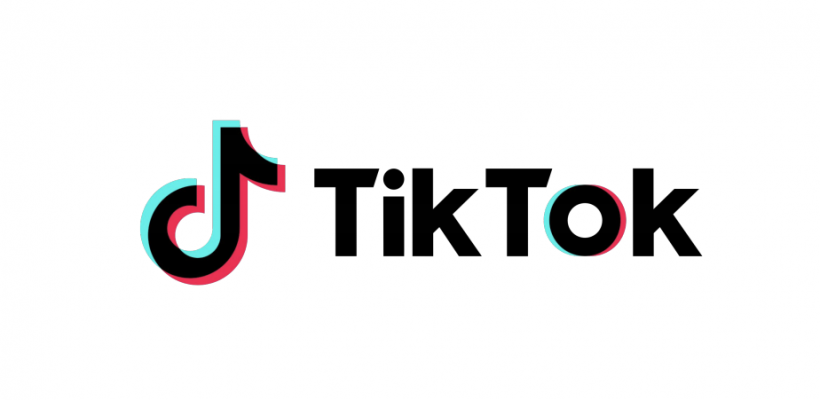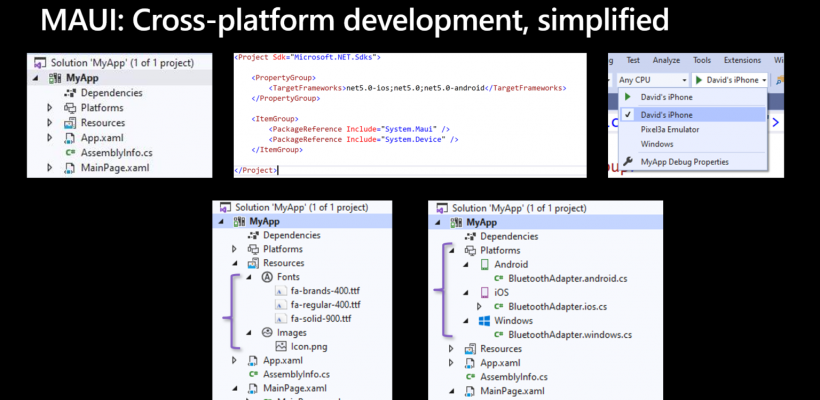Android Apps on Windows?
From:
Microsoft is bringing Android apps to Windows 11 with Amazon’s Appstore – The Verge:
Microsoft says it’s using Amazon’s Appstore to bring Android apps to Windows 11. Apps will be listed in the new Windows store, and can be pinned to the taskbar or snapped alongside traditional Windows apps. Microsoft is also partnering with Intel to use its Intel Bridge technology to make this a reality, although the Android apps will still work with both AMD and Arm-based systems.
So, Android Apps on Windows?, not via the Google Play store though – would have been interested on being a fly on the wall assuming those conversations happened! We’re short of details, but this is an exciting play. Microsoft already has a development route to market for Android using it’s own plaforms (Xamarin allows code (almost) once development in C# using Visual Studio to develop cross platform mobile apps) so it makes sense to tie themselves further into Android having abandoned their own Windows Mobile platform.
Using the Amazon Store however is not an assumed simple move for existing Android apps, certainly there’s some hoops to jump through to migrate to Amazon and losing Google Play Services could mean platform changes of functionality losses.
I’m off now to research the Intel Bridge technology that they are using, news is a little thin but this quote from Engadget offers some suggestions;
Intel says Bridge is a runtime post-compiler that allows applications that were originally designed for a variety of different hardware platforms to run natively on x86 devices. The company points out the technology is part of its ongoing XPU strategy, which means it won’t be merely limited to bringing Android apps to Windows 11.
Probably not quite enough to get me to jump to Windows 11, not now that I’m all in on Apple Silicon! But If you’d like to know more about cross platform apps, mobile or otherwise, and how they could benefit your business then I’d love to hear from you.
About me
Andy Flisher is a Mobile App Developer based in the North East of England with over 20 years software development experience. He is available for hire and specialises in cross platform mobile app development, web applications, desktop software, bespoke cloud architecture solutions and providing outsourced project management services.
Microsoft is retiring Internet Explorer ????
From
Microsoft is finally retiring Internet Explorer in 2022 – The Verge:
Microsoft is finally retiring Internet Explorer next year, after more than 25 years. The aging web browser has largely been unused by most consumers for years, but Microsoft is putting the final nail in the Internet Explorer coffin on June 15th, 2022, by retiring it in favor of Microsoft Edge.
It is completely unnatural how happy this makes me, especially you IE 6, so much pain, so many differences, and so many corporate environments hanging on to it for dear life for reasons I do not understand.
You will not be missed!
Microsoft patents tech to see if you’re paying attention in that Teams call!
The system uses cameras, sensors, and software tools to determine, for example, “how much a participant contributes to a meeting vs performing other tasks (e.g., texting, checking email, browsing the Internet).”
From now on I think I’m going Camera’s off
Imagine you had a globally successful mobile app and you were forced to sell?
This is the odd situation that’s been unravelling in the US this month for TikTok after Donald Trump ordered Bytedance to sell off it’s US business, that TikTok, a globally successful mobile app, must be sold to remain operational in the US.
Trump’s distrust of China
The background is that Trump and his government don’t trust China (here in the UK we have similar distrust towards Chinese owned Huawei) for reasons we’re not privvy to, Bytedance is, or certainly initially was, a Chinese company. However Tiktok has a huge following (3.7 million users) and is valued at over $50 billion, by all metrics it’s a successful mobile app. If that was your startup you’d be pretty happy.
Now imagine you were old to give up / sell up a major chunk of that because a foreign power doesn’t like or trust you? Unsurprisingly the Chinese are not happy, and already put the blockers on Microsoft purchasing Tiktok, that deal was supposed to remove all Trump’s concerns (Security and use of the data, search histories, locations, and anything else their algorithm defines) with an outright technology purchase.
Oracle?
Where it gets weirder, is now that an outright purchase of TikTok US is off the table, it seems Oracle are the forerunners, but as a technology partner, not entirely sure what this means, but in essence it sounds like the be all of hosting deals. But as the Verge states Oracle’s TikTok deal accomplishes nothing.
After months of insistence that TikTok sever its US operations from Chinese ownership, we’re now settling for a vague partnership between Oracle and the US TikTok operation. It’s still unclear exactly what Oracle’s “trusted tech partner” status entails,
So is this a save face by Trump, making ‘something’ happen, assuming that Oracle hosting all this data will ease the concerns his government has (assuming they are valid concerns in the first place), just some sort of electioneering (his deadline was end of September to get a deal done)? Either way, it does little to progress us to a true, global, mobile app economy.
And back to the topic, what you do, if some foreign Gov came along one day and ordered you to divest, at no doubt less than market value as an enforced sale? Price of success for a successful mobile app?
About me
Andy Flisher is a Mobile App Developer based in the North East of England with over 20 years software development experience. He is available for hire and specialises in cross platform mobile app development, web applications, desktop software, bespoke cloud architecture solutions and providing outsourced project management services.
Microsoft’s new cross platform software framework – What does it mean to your business?
Yesterday at the Microsoft Build conference they announced MAUI, the roadmap to their new cross platform software, single codebase framework, quoting from their release;
Introducing .NET Multi-platform App UI:
As we consider what building device applications will look like in a unified .NET, we see many devices across multiple platforms used, from Android and iOS to Windows and macOS. To address this need we are excited to announce a new first-class UI framework for doing just that: .NET Multi-platform App UI, affectionately call .NET MAUI.
This means a lot to us as developers, but what does it mean to you as business owners, decision makers, and end users? To your business?
App languages – how they differ
All computer software (apps are just software applications, all the same really) is traditionally designed to run on it’s intended platform, the Web, Windows PC, Apple Mac, iPhone, Android etc – an app written for one platform will traditionally be written in the language that platform expects, all these platforms have different native languages, ie an app written for one won’t work on another.
In layman’s terms, if you learn French it will stand you in great stead on a holiday to France, but pop next door to Spain and you’re stuck. Unless you learn Spanish too, but that’s twice as much work.
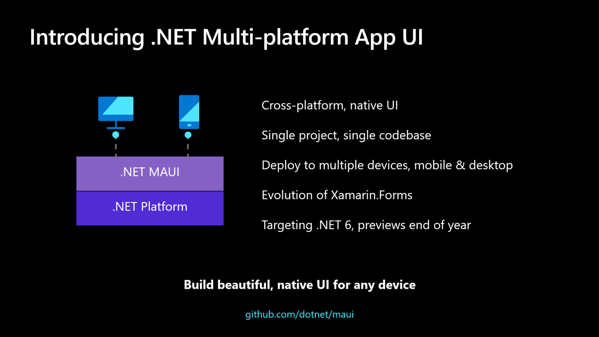
Multiple App Platforms
Which is where us developers come in, most developers speak more than one language, but certainly not all, and in the past you had to be careful that the language choice the developer was making for your project was because it was the right one for your needs. Not because it was the one they knew. But as IT expanded, people started using their own devices, and mobile computing became the norm it stopped being about which platform – Mac vs PC if you will, but which platforms – plural.
So if you ask a developer to create you a mobile app you are probably targeting iPhone and Android, two platforms, two languages (Objective C or Swift, and Java in case you were wondering!) – so that’s actually two apps you need, twice the work, twice the support, twice the cost!!! If only there were some (good – there are bad ways, we don’t do them) way of creating good, native, performant apps on both platforms, from one codebase, one product to support, and only one to pay for – cheaper is better right?
How can Xyroh help?
Well for most cases there is, it’s niche, here at Xyroh we do it, and have spent a lot of time and resources investing in these skills, the platform we use is Xamarin from Microsoft, and in *most* cases, certainly B2B projects it’s perfect – outputting great, custom mobile apps for iPhone, Android, Windows Phone – Tizen even – at good value to your business.
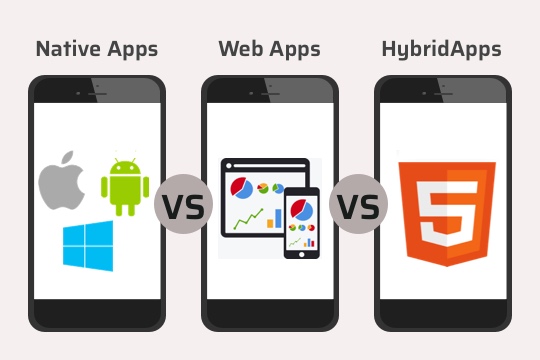
Well that’s what this announcement was about, the next stage. Microsoft’s new MAUI framework will allow us to create line of business apps that run on;
– Android
– iOS (iPhone and iPad)
– Mac OS
– Windows
All from one project, one codebase, one cost – but much more value. So if you have a need for apps, be it a mobile app, a desktop app, or even a web app in your business then we’d love to talk to you.
Related Articles:
– Native App, Hybrid App, or somewhere in between?
– Xamarin Cross Platform Application Development – Book Review
Andy, the founder of Xyroh, is a mobile app developer, specialising in cross platform mobile apps, iphone apps, android apps, as well as web applications and desktop software for business clients across the North East – feel free to contact him to engage his services

